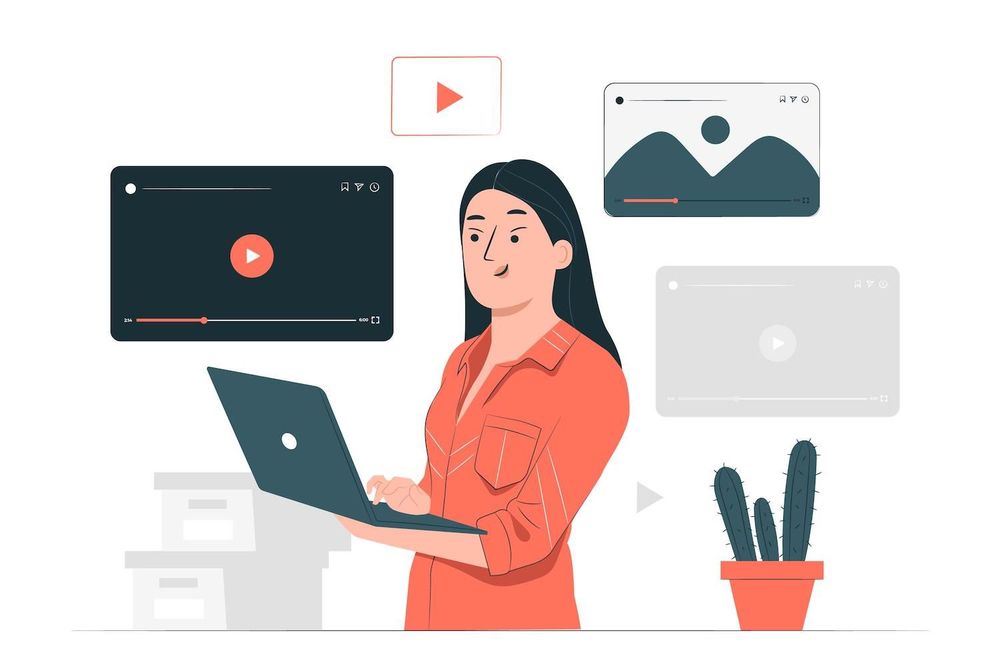What Epic Is the App Store Looking For? App Stores What Other Game Developers Really Want? -
As mobile game and app developers struggle to breathe in the face of the duopoly tax of 30% that players pay on almost all revenues from mobile games all over the world, Epic Games has emerged as the de facto leading gaming business in the race for open computing on mobile.
privately asked both large and smaller game studios the things they would like to hear, and here are the answers they wanted to be heard.
Background Information Slow Decline of Open Computing, and the 30% App Tax
The world of computing is more adaptable as it is now. In the past games and software creators have been relying on the open computing of PC as well as Mac platforms as it let the developers to create titles however they want and enjoy direct communication with their customers and select payment options which work best for them. There was no barrier-keepers- just a computer, an individual player, and an online game. It's a different world.
In the present, over half of the time spent on screens to work is done using mobile devices- an increase in the shareas and more than 90% of the world's mobile OS market shares is divided equally between Apple as well as Google. Because of the dominant position of mobile-based market shares as well as restrictive controls regarding distribution of games, as and e-commerce, the new possibilities for computing is now at risk as never before, and bringing a significant cost to both consumers as well as app and game creators.
In this case it is the case that both Google and Apple's app stores demand a 30 percent fee on games and other items on games that they distribute through their respective platforms. Apple has the sole authority on the distribution of games as well as e-commerce for iOS devices. In contrast, Google permits OEM marketplace applications and games loaded on mobile devices with sideloading, but extremely restricts third-party payments in games for games distributed via Google Play.
Google Play does offer a third-party integration of payments for a limited number of game developers via their " user choice billing" pilot; however "user choice billing" comes with high evergreen market fees of 26% even if you use the preferred payment processor and assume all the risks and obligations regarding payments.
What has resulted from Apple and Google's dominance over such a huge part of global computing is the default 30% tax on mobile games and applications, that is paid by players, which isn't considered by game developers games and hinders freedom of commerce and computing. As a result of this monopoly on open computing, developers of both games large and small feel that it's time to implement changes.
What are the Games Designers who Aren't Epic Want?
The team from our office embarked on a month-long journey to speak with game studios small and large about issues they'd like to see happen in the policies of the store for mobile apps. Though not everyone was at the same place on all of the issues, here are the top three items they said they wanted:
1. iOS to support sideloading games that do not display scare screens.
iOS is long-time restricted to "sideloading" apps and games. Sideloading is the process of transferring apps which are downloaded out of the App Store, from the official website of the developer or alternative market. Sideloading allows freedom for players to purchase games and for developers to market and distribute games as the developer chooses and the player agrees to. Android supports sideloading apps as well as games, but only with the dreadful warnings known in the form of "scare screens" that inform users of mobile phones of the dangers associated with "downloading software through on the web." The majority of the game creators who we talked to thought that Apple should be able to allow sideloading. They also felt it is crucial that Apple as well as Google shouldn't use over-the-top self-serving scare screens that disparage the distribution of software outside the app store they own.
2. You can enjoy Unlimited "steering" and as a payment embedded through a third party payment platforms.
Both Google and Apple place severe restrictions on pricing and purchase options that are available through third-party payment platforms which aren't part of the app store. That means that the exact item may be available at a cheaper price to the player, but game developers are unable to guide customers to this option, or link to additional purchasing experiences, or integrate third-party purchase experiences inside their game. Although many game designers have found the value of transactions made through stores, the common choice was to provide gamers and game developers the option to avoid integrated payment limitations.
3. A 0% cost on steering or embedded payments.
Offering steering or embedded payments is one thing, but like the Google "user preferences billing" pilot, the capability to act and the financial incentive for doing it are two distinct factors. In the case of "user preference billing" offering a massive $26 fee for transactions from third party payment service providers as well as the fees they charge, this is an uncost-free benefit for the majority of game developers. Game developers were interviewed who thought that 0% is an appropriate reduction in transactions that do not go through an app store. However most seemed to be for an app-specific payment which can help in driving the use and downloading of games. Naturally that a cut of 26% of each transaction made by a third-party is not what the developers thought to be reasonable.
What's next?
While there are other nuanced wants around how apps operate, which game developers want to see, these three desires are the core of the problems that the developers think will drive true change in open computing in mobile.
About

David Nachman David serves as the chief executive officer of , an established, full-service provider in e-commerce services for software companies. David is in charge of managing the business's growth and building the company's already impressive history of providing the best e-commerce services to the ever-growing market of software. Before and during the past twenty years, David was in a variety of positions from functional vice-president to CEO of companies with high growth such as Vision, Velocify, and HireRight.
This post was first seen on here
